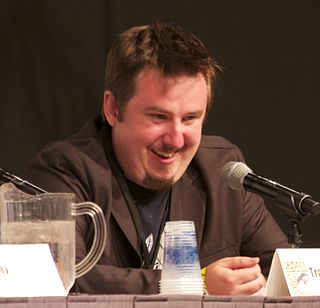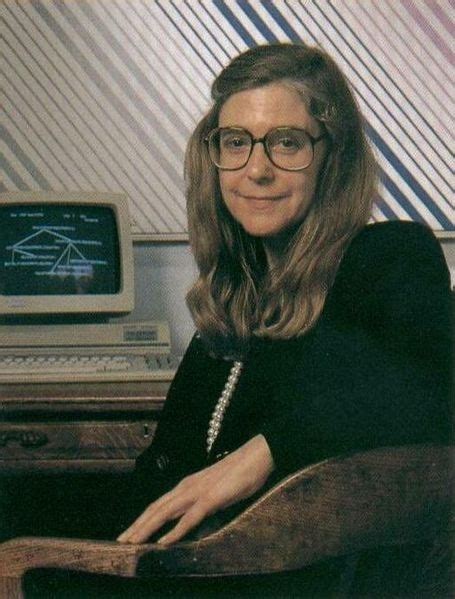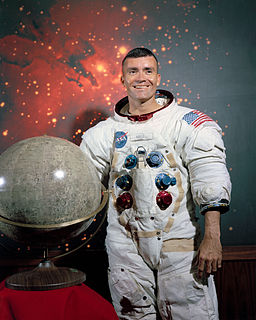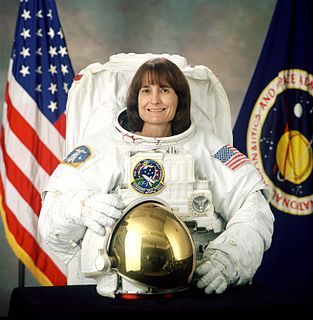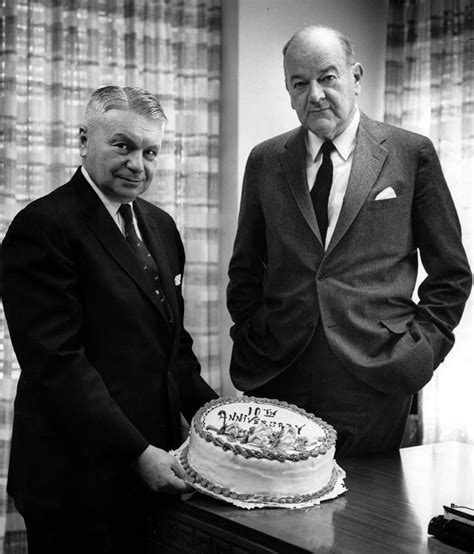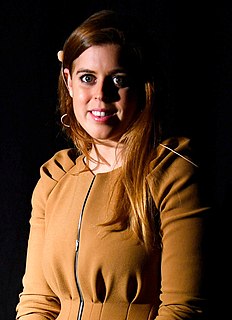A Quote by David Grinspoon
Literally, my earliest memory, my earliest vivid memory, is the Apollo 11 landing on the Moon. Yeah, I was in fourth grade, and I was just so captivated. And I think you'll find a lot of space scientists of my generation will say the same thing. Apollo was a big event for them.
Related Quotes
Scientists constantly get clobbered with the idea that we spent 27 billion dollars on the Apollo programs, and are asked "What more do you want?" We didn't spend it; it was done for political reasons. ... Apollo was a response to the Bay of Pigs fiasco and to the successful orbital flight of Yuri Gagarin. President Kennedy's objective was not to find out the origin of the moon by the end of the decade; rather it was to put a man on the moon and bring him back, and we did that.
Memory is strange. Scientifically, it is not a mechanical means of repeating something. I can think a thousand times about when I broke my leg at the age of ten, but it is never the same thing which comes to mind when I think about it. My memory of this event has never been, in reality, anything except the memory of my last memory of that event. This is why I use the image of a palimpsest - something written over something partially erased - that is what memory is for me. It's not a film you play back in exactly the same way. It's like theater, with characters who appear from time to time.
In less than 70 hours, three astronauts will be launched on the flight of Apollo 8 from the Cape Kennedy Space Center on a research journey to circle the moon. This will involve known risks of great magnitude and probable risks which have not been foreseen. Apollo 8 has 5,600,000 parts and 1.5 million systems, subsystems and assemblies. With 99.9 percent reliability, we could expect 5,600 defects. Hence the striving for perfection and the use of redundancy which characterize the Apollo program.
I was an eight-year-old kid when I watched the first Apollo Moon Landing way back in 1969 and there was something about that moment that really stuck in my head. I'd always been interested in space and flying and I was building model rockets and model airplanes, but something about that moment, I can remember like it was yesterday watching the Apollo Lunar Lander approach the surface of the Moon and then later watching Neil Armstrong and Buzz Aldrin take the first steps on the Moon, and something that day started the dream for me that, hey, I want to be like those guys.
I actually don't remember Apollo 11 exactly because, at the time, I was five years old. The landing happened at night, and the walk on the moon happened at night eastern time, and I asked my parents; my mom said I was probably asleep, and so I just don't have any recollection. I do have recollection of the later missions to the moon.

